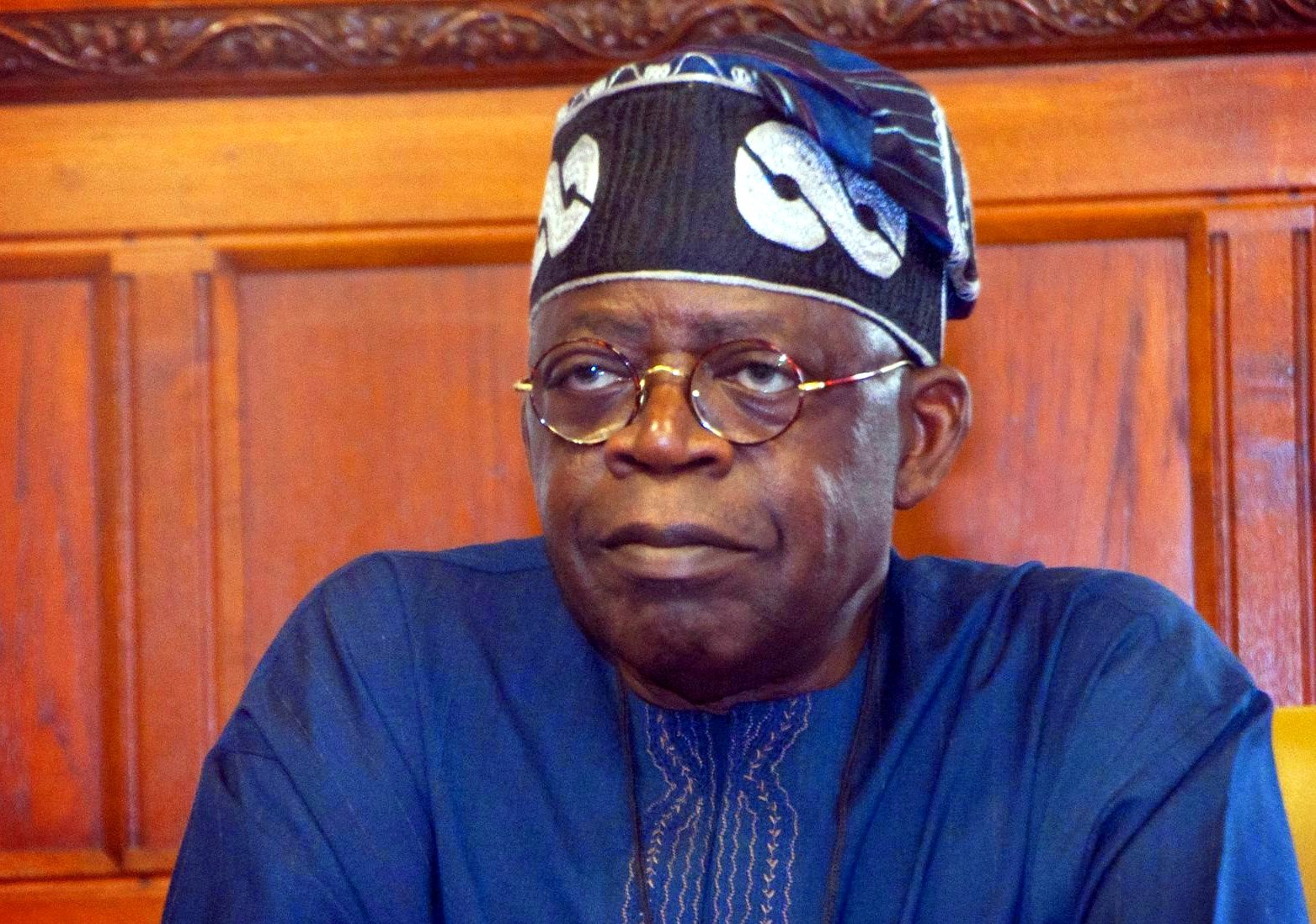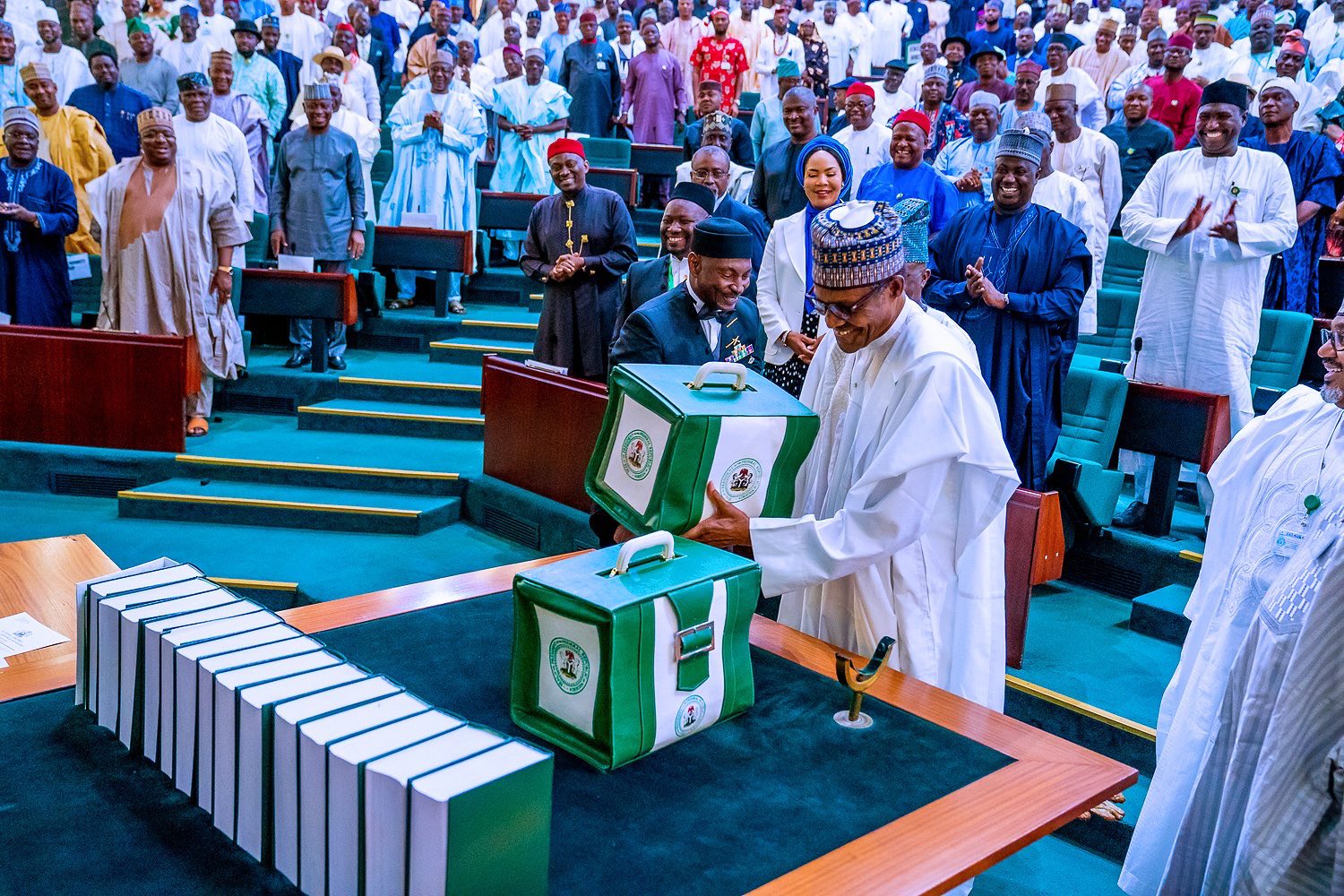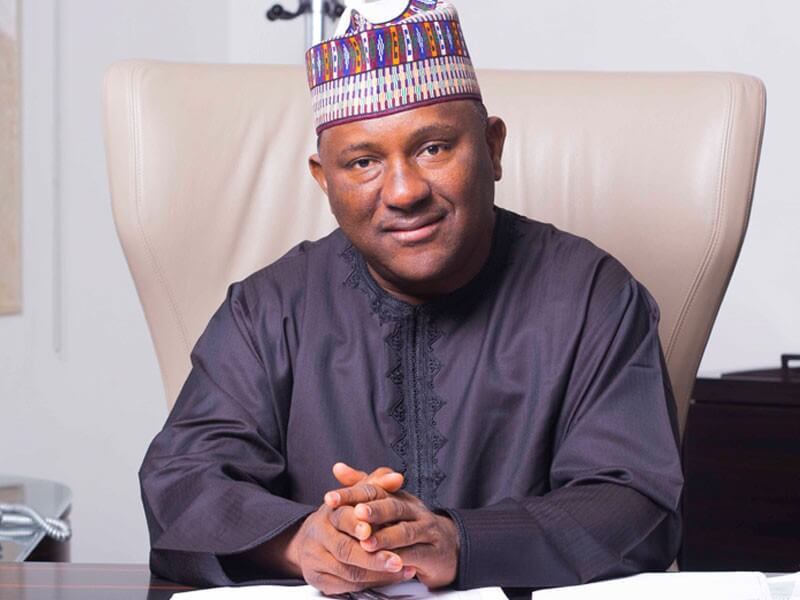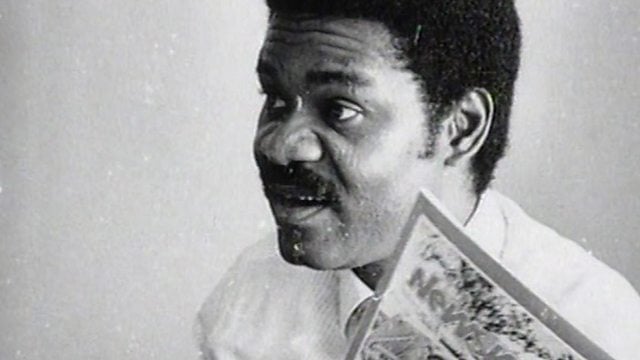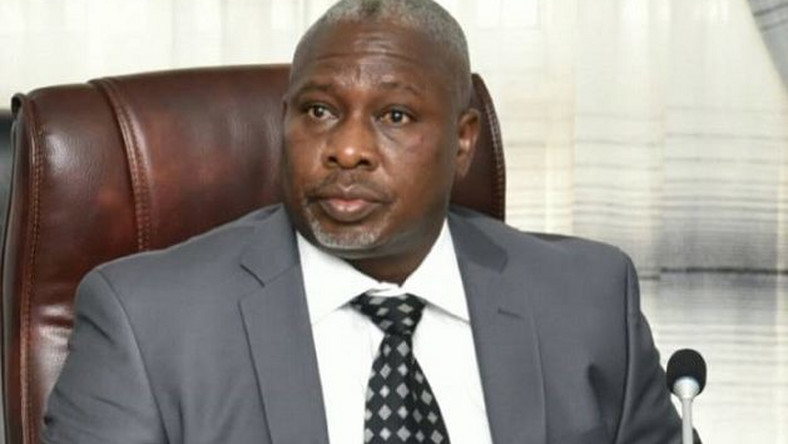From the coup of January 15, 1966 restructuring in the country took the form of the unification decree under General Aguiyi Ironsi to the abolition of the regions and creation of twelve states under General Yakubu Gowon to further creation of states under Generals Murtala Mohammed, Ibrahim Babangida and Sani Abacha. All these development though in response to the yearnings of the populace, were done in circumstances that cannot be described as wholly democratic.
It was never assumed or said that the structure of Nigeria was cast in stone. There is a large consensus in the country that tremendous work still needs to be done to make the country work satisfactorily for all Nigerians irrespective of ethnicity, religion etc. The southwest will want issues of federalism and fiscal autonomy brought to the fore. The south-south wants greater control of the oil resources that is produced in the region than what obtains now. The southeast wants a mixed bag of autonomy, self -determination and more political inclusion and involvement especially given the fact that the area received the heaviest brunt of the civil war that raged between 1967 and 1970 whose unfortunate scars are still evident in the psyche of the people of the area. The north of course with its issues of poverty and general underdevelopment welcomes initiatives and paradigms that would unlock the potentials of its teeming masses and transform the area into a veritable economic belt of the country. All these legitimate yearnings are issues that we can sit down and discuss amicably in an atmosphere devoid of rancour or preconceived notions of superiority of ideas, where every zone will table and negotiate with other zones for positive outcomes benefitting all Nigerians.
It is therefore a misnomer to say as has been repeatedly and mischievously said, that some people do not welcome the idea of restructuring the country. The true situation is that the calls for restructuring are tempered by spite, hate and a desire to see certain parts of Nigeria cut to size politically and economically both in literal and figurative terms. It is this unhelpful template that puts off people from welcoming the idea.
From Independence in 1960 to date a generation of Nigerians have emerged who though probably aware of the chequered political developments of Nigeria, have however had their socialization shaped by the objective realities of the Nigeria of our present time. They have schooled in Federal Government Colleges and other provincial and regional schools in far flung areas of the country different from their immediate localities. They have gone to Universities and mixed with fellow students from different parts of the country. And they have served under the National Youth Corp during which they have experienced life different from where they come. And with the post- civil war expansion of the federal civil service and liberalisation of the economic and social space in Nigeria, many had worked and established businesses as young adults outside the localities in which they were born. All this has served as a continuous assembly line of socialisation that have helped shaped the outlook of the majority of the generation of Nigerians born after Independence who today make up the greater percentage of the Nigerian population.
Advertisement
The restructuring should be more about these generations of Nigerians to enable them continue in the trajectory of slowly but surely melting down the barriers of national cohesion that have retarded Nigeria’s growth into a nation.
Those people who talk provocatively about restructuring as an end time event where the funeral rites of Nigeria will be undertaken should be listened to but certainly not indulged. They should be told that difficult and challenging the future of Nigeria may seem, the solution is not in breaking it up if their patently narrow primordial wishes of returning us back to the days of contrived political tension for partisan political ends which formed their political outlook, are not recognised or implemented.
The NLNG success story
Advertisement
On the night of Friday 11th October, at the congress hall of the Transcorp Hilton the Nigeria Liquefied Natural Gas Limited (NLNG) celebrated what amounted to a triple barrelled achievement; thirty years of its incorporation as a company, twenty years of its first export of liquefied natural gas from its plant in Bonny and the fifteen years of its prestigious science and literature awards.
From its chequered thirty year struggle to get off the ground leading to the final investment decision by the shareholders to build the first two liquefaction units of the project and its successful struggle to overcome the challenging operating environment of the international LNG market, the NLNG story can only be described in superlatives.
The NLNG is the largest industrial plant in sub-Saharan Africa. Since its formation it has paid dividends of about a hundred million dollars to its four shareholders; NNPC, Shell, Total and AGIP. About twenty million dollars out of that amount has gone directly to NNPC as the Nigerian government representative on the company’s board. NLNG has also made over 4,500 shipments of LNG to overseas customers mainly in France, Spain, Italy, Turkey, Portugal, China etc. It was at one point the third largest and the fastest growing LNG Company in the world. It currently holds the best record in plant maintenance at 95% reliability among all the LNG plants in the beating the likes of Woodside in Australia, Qatar and Oman LNG.
Needless to say, NLNG is the most successful and profitable investment by the Nigerian government. In earning this much for the government, it has also helped to reduce the environmentally hazardous gas flaring in the Niger Delta by 70%. The company conveys its products of LNG, Liquefied Petroleum Gas (LPG) and Condensate by its own fleet of ships which it manages. In all of these, what must be the icing on the cake is that NLNG is run all through the various facets of its operations by a 95% complement of Nigerian staff!Yes since the bulk of the expatriate staff left, Nigerians from all parts of the country have been running this fantastic Nigerian company whose corporate headquarters is in Port Harcourt the Rivers state capital and whose plant is located in the idyllic, historic Bonny Island in the same Rivers state.
Advertisement
Talking about Bonny, the NLNG despite its late coming has set the marker for the oil and gas industry in mutually beneficial company-host community relations. In this regard, NLNG led the formation of the Joint Industry Committee (JIC) along with Shell which owns the Bonny Crude oil Terminal and Exxon Mobil which owns the Condensate export Jetty adjacent to the NLNG plant. Today Bonny enjoys over 90% electricity reliability and as part of the Bonny master plan to transform the island. This includes road infrastructure, water supplies, education, health etc. This much was acknowledged by the Amanyanabo of Grand Bonny Kingdom King Edward William Asimini 3rd, Perekule 11 at the Transcorp Hilton occasion.
One great omission at the occasion however was the fact that not a mention was made of the pivotal role played by late Head of State General Sani Abacha. It was he who pulled out all the stops to ensure the take- off of the project; He promptly made the cash seed money for the project available in dollars and followed that with an NLNG decree (now NLNG act ratified by National Assembly) which provided iron clad guarantees, tax holiday for ten years, and accorded the NLNG project a pioneer status enabling it to enjoy far reaching concessions and waivers for construction, expansion and export of its products.
NLNG is an example of how Nigeria can be if well managed and focussed.
The NLNG though has scope to benefit Nigeria more especially in the power sector. The buyers of NLNG products are utility companies in their respective countries. The irony is that we are exporting a commodity to help improve power generation in other countries while back here we are not using the same commodity to solve our power generation deficit. This is what the government needs to look into as the next level in expanding the scope of NLNG operations.
Advertisement
Views expressed by contributors are strictly personal and not of TheCable.
Add a comment


